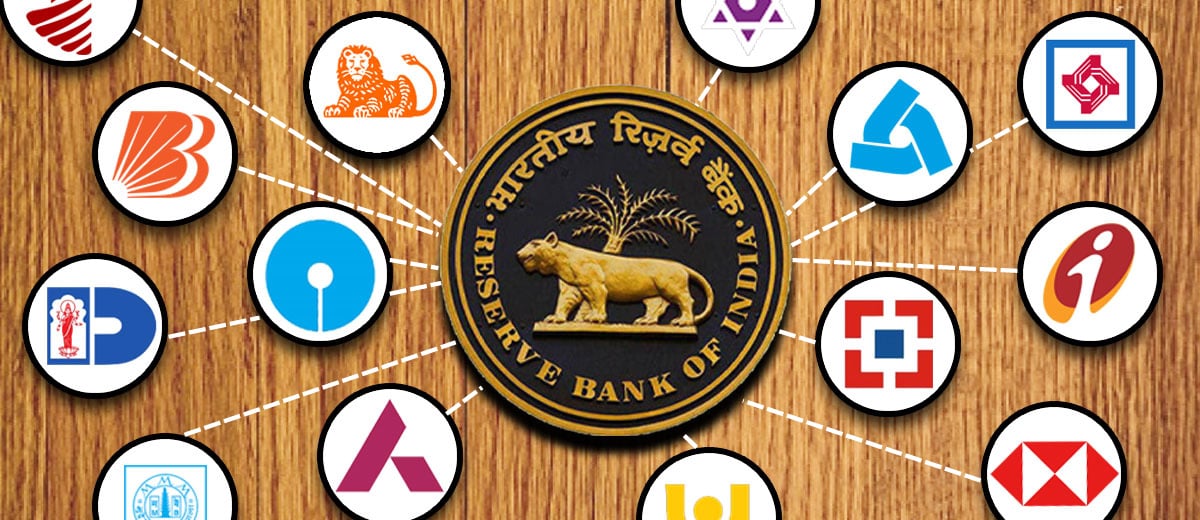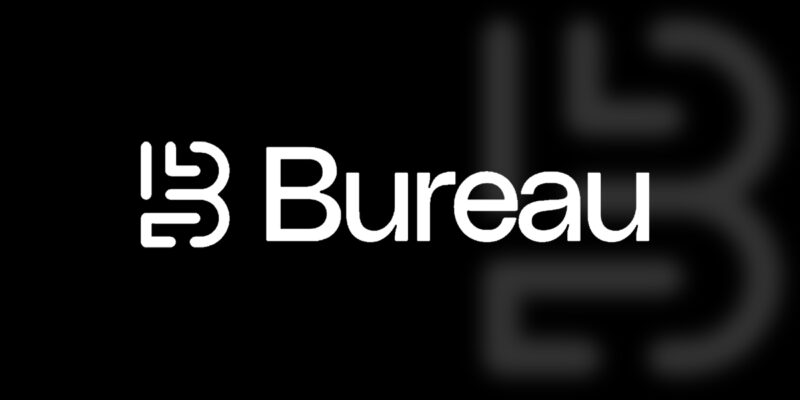Table of Contents
We all are living a quiet comfortable and easy life compared to our ancestors and it has been possible because of technology. Due to increasing use of the internet and digitization now we can access any in one swipe. But, this technology has also increased the risk of cyber crimes and digital frauds.
After the surge in the number of people using the internet and smartphones, banks also tried to make their services more accessible for the people by launching their websites, then apps and even AI assist, which would clear the doubts of customers and help them to use the application easily.

But, whenever banks have tried to build a digital platform to engage with their customers, they have always lacked in terms of data security systems. The neo-banking application of Kotak Mahindra Bank is one the example because of which they had to face the wrath of RBI.
Not only Kotak Mahindra Bank but, IIFL, JM Financial, and even HDFC Bank also faced consequences of lack of data security some years ago.
After the digitalization India has been experiencing a massive rise in cyber attacks and especially banks are facing most problems due to their slow-paced technology. The rising number of digital frauds and pressure from regulatory bodies for strict customer verification processes has led banks to join hands with tech startups.

These tech startups are mostly data analytics technology based startups which help banks to create a more transparent, quick and secure process for the verification of customers.
Let’s take a look at some tech startups which are making banking easy for banks as well as their customers:
Data Sutram and banks

Data Sutram is Mumbai-based startup, founded in 2018, which is currently working for financial institutions such as IIFL Finance, IDFC First Bank, DMI Finance, Induslnd Bank, and Union Bank of India.
Data Sutram has created a product named, ‘ DS Authenticator Trust Score’ which helps these banks and NBFCs to access their customers during opening a new account or credit assessment based on the score from 0 to 1,000. The company analyzes data from various sources before assigning the score.
This startup has raised $5.4 million so far from equity funding from, Bharat Innovation Fund, Singularity Growth Fund and IIFL Fintech Fund.
To verify and analyze the data, Data Sutram mostly scans data from sources like UPI (Unified Payment Interface), goods and services tax network related data, delivery and logistics firms connected to e-commerce platforms, digitally available information from private companies and social media. For location-based risk detection, it also uses satellite-based data.
Bureau Inc and banks

Bureau Inc is a fintech startup backed by Quona and GMO venture partners. This fintech company recently launched a system called, ‘Money Mule Score’ to help financial institutions to detect the potential money mules during the user onboarding process.
Money mule is a person recruited by criminals to transfer the money from one region to another or from one account to another account illegally. This money is often obtained from illegal activities such as money laundering, identity theft and online scams.
Rajan R Reddy, the bureau chief executive said, this money mule score is completely based on the company’s link analysis techniques, which improves mule detection beyond the traditional KYC verification process.
This score helps to verify the user’s legitimacy by scanning device fingerprint, behavioral patterns, and historical data.
Bureau Inc’s collaboration with banks and other financial institutions to implement Money Mule Score has increased detection of money mules by 60% compared to the traditional KYC method of bank and it has also helped in preventing fraud losses of over $43 million, Reddy claimed.
According to the data of RBI, the value of domestic payment frauds has increased upto 42% to Rs 471 crore, in the month of March, compared to last year. Industry insiders also believe that Bank’s alone can’t stop the fraudsters with their slow-paced technology and to provide their customers a secured service they have to join hands with fintech companies.




1 Comment
I’m grateful. I have spent a long time looking for information on this subject, and yours is the greatest I have come across so far. However, what about the revenue? Are you positive about the source?